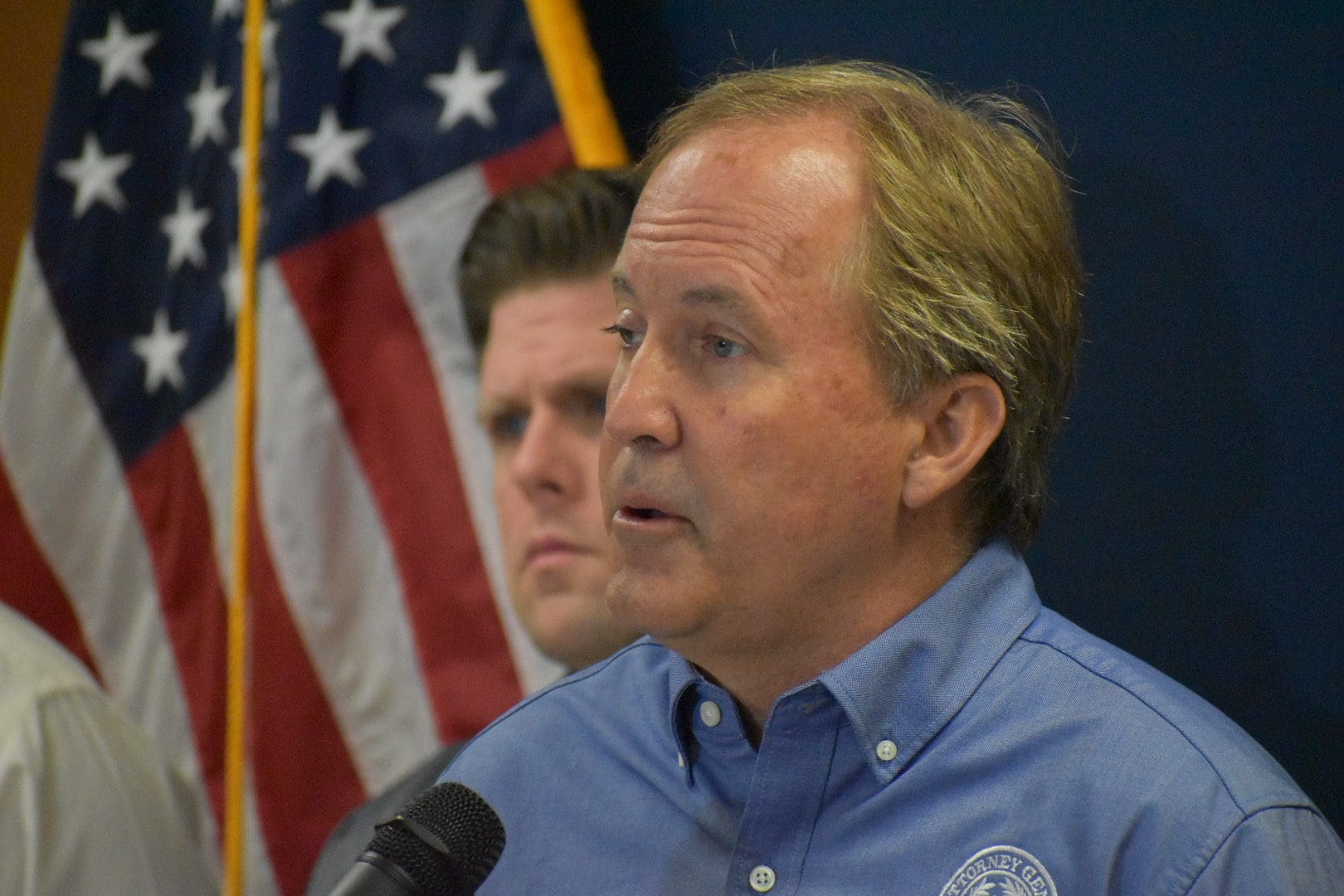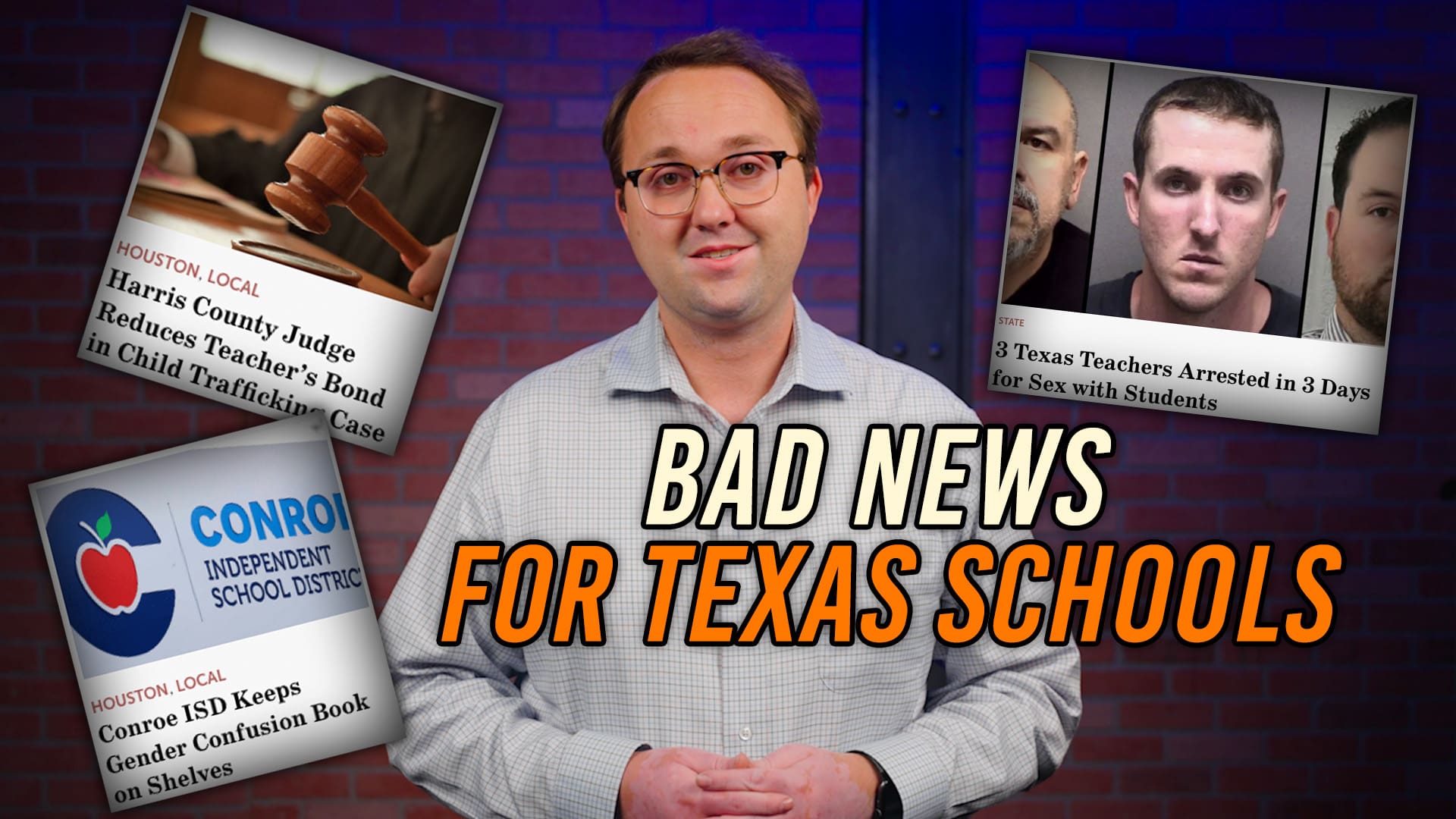As stories about rampant crime enabled by activist district attorneys dominate headlines in Texas and across the country, a recent study commissioned by Dallas Police Chief Eddie Garcia is drawing attention for revealing some alarming statistics associated with leniency-focused reform efforts, specifically in the area of bail reform.
As reported by The Dallas Express and Fox 4 DFW, a study conducted by criminologist Michael Smith of the University of Texas at San Antonio shows that 56 percent of individuals charged with violent crimes or weapons law violations in Dallas are released on bail or their own recognizance. That figure includes about 75 percent of offenders charged with weapons law violations, about two-thirds of those arrested for aggravated assault, and 34 percent of those arrested for murder.
Smith examined 464 arrests from 2021 and followed the cases through May 15 of this year. The dataset included all (109) arrests for murder, 25 percent (73) of arrests for robbery, 25 percent (154) of arrests for aggravated assault involving a family member, 10 percent (67) of arrests for aggravated assault not involving a family member, and 10 percent (61) of arrests for weapons law violations.
Almost a quarter of those released were arrested again within the course of the study. The average length of time between release and the second arrest was 148 days.
DPD Chief Garcia has expressed frustration with the soft-on-crime policies of Dallas County District Attorney John Creuzot (D), dubbed “Let-em-Go” Creuzot by critics. Creuzot is one of dozens of progressive district attorneys in the U.S. who have received financial backing from far-left billionaire George Soros’ Open Society Foundations in recent years, including hundreds of thousands in paid advertising ahead of this year’s election. Soros and his sprawling network of organizations have funded countless left-wing movements and candidates for elected office in a purported effort to “address profound racial, economic, and political inequalities,” particularly through what they label as “criminal justice reform.”
Garcia, however, believes bail reform harms the minority communities it is intended to benefit. In a November 2 press conference covered by The Dallas Express, he cited statistics showing that at least 85 percent of victims of violent crimes in Dallas are either black or Latino.
“What’s been going on with the irresponsible decisions that I have been seeing here since I took this position nearly two years ago, is the fact that bail reform [is letting] violent criminals back into our neighborhoods is not helping our communities of color,” he said. “It has emboldened violent criminals. It has reduced the trust that our community has in the system.”
Creuzot was elected as district attorney in 2018, the same year the American Civil Liberties Union and other civil rights groups brought a class-action lawsuit against the county on behalf of detainees who were unable to post bail. Following a federal court ruling that judges in Dallas County should consider a defendant’s financial situation when setting bond amounts in misdemeanor and felony cases, Creuzot directed prosecutors working for him to factor this consideration into their pretrial detainment recommendations. Despite the criticism he’s received, Creuzot has defended his policies, arguing that the “bail system should [not] ensure that … poor defendants are kept in jail because of their economic disadvantages.”
The 2018 ruling was appealed, and the U.S. 5th Circuit Court of Appeals overturned it earlier this year.
In response to bail leniency in Dallas County and other jurisdictions in Texas, Gov. Greg Abbott designated restrictions to bail as a legislative priority at the beginning of last year’s regular legislative session. When this and other agenda items did not pass during the regular session, Abbott called three special sessions forcing the Legislature to address them, and he signed Senate Bill 6 during the second special session. Among other things, this measure requires defendants accused of violent crimes to pay cash to get out of jail before trial, ending the practice of judges allowing their release on personal recognizance bonds.
During a November 14 Dallas City Council meeting, Garcia presented Smith’s findings, which led to a discussion among council members about asking state lawmakers to improve the transparency of judicial proceedings so people can become more aware of how crime is being addressed in their communities.
After Smith’s study received widespread attention, Abbott announced more needs to be done to address lax bail policies. On November 21, he posted the following on Twitter.
Violent suspects released too often in Dallas County.
Correcting that is a TOP priority in the coming legislative session.
Revolving door policies that let violent suspects return to the streets to commit other crimes while they await trial must end.https://t.co/6ynV8Simrz
— Greg Abbott (@GregAbbott_TX) November 22, 2022
Following the public scrutiny his office has received in recent weeks, Creuzot reversed a controversial policy of not prosecuting thefts of less than $750 this past weekend.
“I want the people of Dallas County and our partner police agencies to know that I have heard their concerns,” he explained in a press release. “I will change when change is needed, so to that end, I am rescinding the policy.”
The practices of other district attorney offices in Texas could soon receive the same scrutiny, as Smith is planning do a similar study examining 10,000 arrests in San Antonio.
No ads. No paywalls. No government grants. No corporate masters.
Just real news for real Texans.
Support Texas Scorecard to keep it that way!





